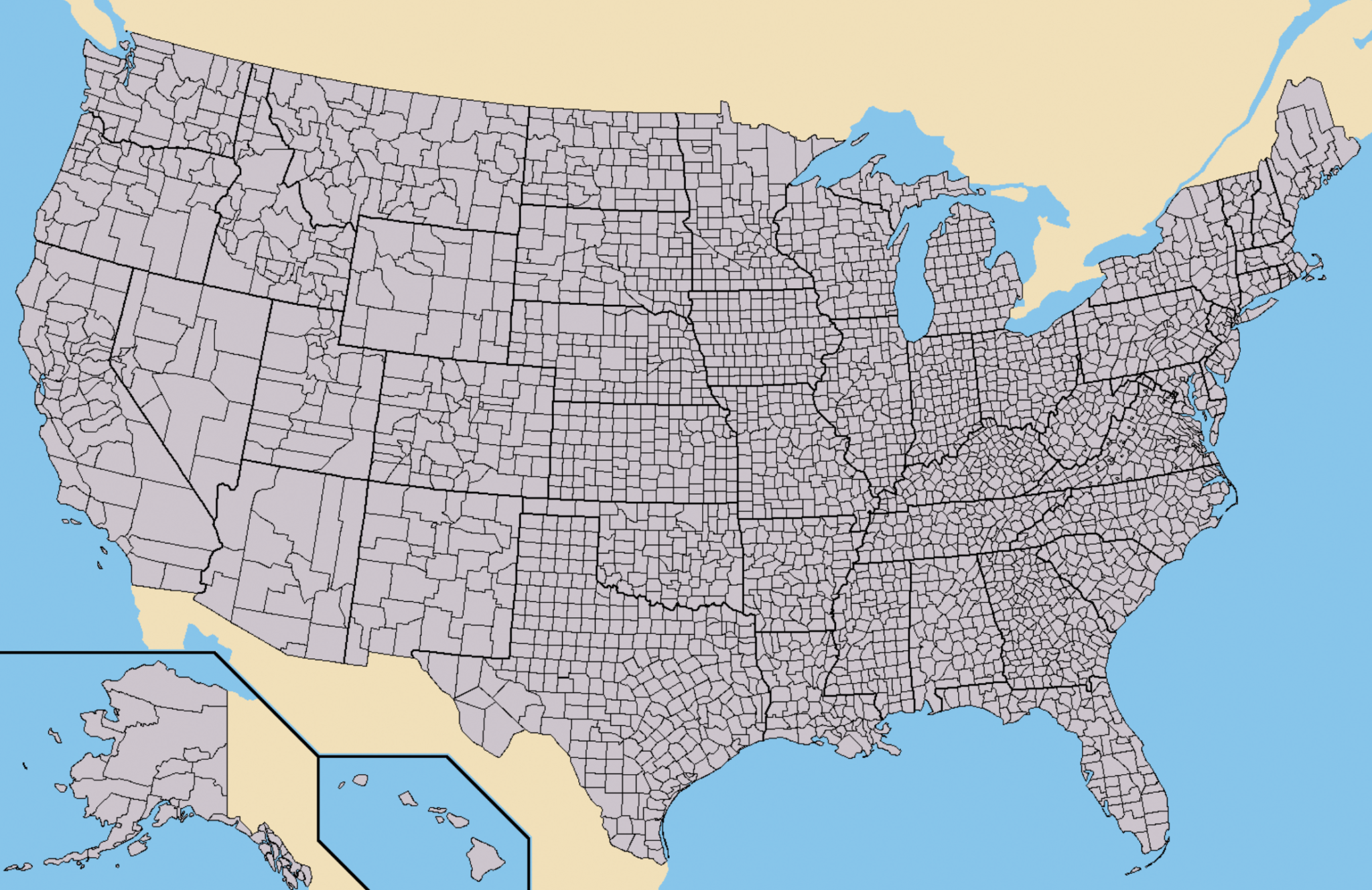The federal government has allocated more than $80 million to combat the opioid-involved overdose crisis and support public health in rural communities. The funding will be provided by Department of Health and Human Services (HHS) through its Rural Community Opioid Response Program—$78 million to overdose prevention, treatment and recovery services for people who use opioids, and an additional $7.5 million through a separate program focused on people who use stimulants.
Rates of opioid-involved overdose fatalities in the United States have long been higher in rural counties than urban ones. During the pandemic, overdose fatalities across the country surpassed all previous records.
“These investments address a wide range of critical issues the Biden-Harris Administration is focused on to improve health care in rural communities across the country,” said HHS Secretary Xavier Becerra in a statement. Priorities include expanded “access to substance use prevention, harm reduction, treatment and recovery services.”
The vast majority of grantees appear to be recovery or general health services.
It’s not immediately clear the degree to which harm reduction services will be included. While the grantees selected for the main program’s funding—78 organizations, awarded $1 million each—include harm reduction organizations like Arizona’s Sonoran Prevention Works, the vast majority appear to be recovery or general health services, or local government offices. The same is true for the 14 organizations awarded $500,000 each under the Psychostimulant Support Program.
Kentucky received the most grants out of any state, with $6 million from the Opioid Response Program awarded between six organizations, including Northern Kentucky University. Valerie Hardcastle, Northern Kentucky University’s Institute of Health Innovation’s vice president, told Filter that the funding will go toward “strengthening, expanding and integrating prevention, treatment and recovery services across the care spectrum.” Other Kentucky grantees, like Baptist Health Corbin, made similar treatment-focused statements.
An additional $2.9 million in funding was also allocated for the Rural Maternity and Obstetrics Management Strategies Program. With more than half of rural counties lacking obstetric services, maternal mortality and morbidity rates are rising in rural areas at exponential rates—impacting Black and Indigenous communities at three times the rate of their white counterparts. Three hospitals in Minnesota, Missouri and West Virginia, will split the funding to pursue interventions to bring those rates down.
Four community organizations in New Hampshire, New York and Maine will also receive around $190,000 each through the Rural Northern Border Region Planning Program to identify key rural health issues in those areas.
Photograph via Wikipedia





Show Comments